Estimated reading time: 8 minutes
Table of contents
- What is Public Health?
- What Public Health Did For 2020
- Medical History Taking Before COVID-19
- Why We Don’t Do Diagnostic Testing Without a Doctor’s Order
- Do You Really Need That Test or Prescription Drug?
- Healthcare is Best Delivered on a Local Basis Between Doctor and Patient.
- The Bottom Line
- Download the App
If you’re like most people, you don’t go to your doctor more than once a year, and you may not even have a personal primary care doctor. If so, that’s a shame because your doctor wants to build a relationship with you to help you manage your health. Doctors have the training to help you decide the best course of action, especially regarding underlying health conditions and first aid emergencies. They can help you choose between going to urgent care or walk you through making a sling until your next office visit, potentially saving you hundreds of dollars. More importantly, when your doctor knows you, it is easier for you to trust their assessments based on your profile and medical history. They can even help you answer questions like, “Should I get a COVID-19 vaccine?” or “Am I high-risk?”
Now that the novel coronavirus is on the scene, people are encouraged to assess their own health more carefully. But deciding not to keep your doctor as your primary healthcare partner can prove to be a grave mistake.
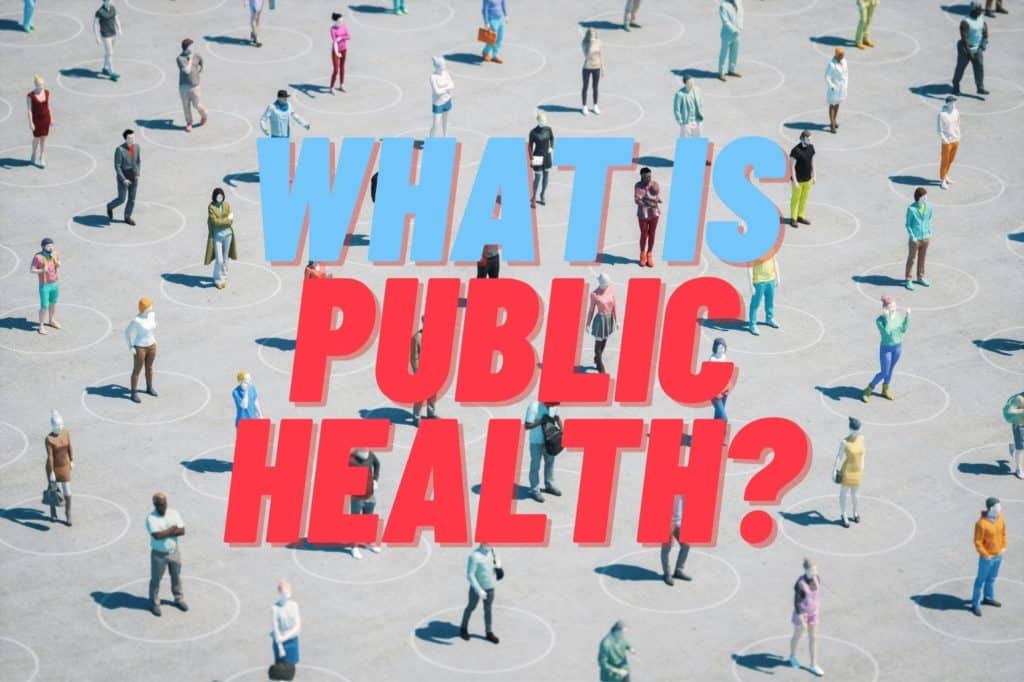
What is Public Health?
Public health is the science of protecting and improving the health of people and their communities. This work is achieved by promoting healthy lifestyles, researching disease and injury prevention, and detecting, preventing, and responding to infectious diseases.
CDCFoundation
The CDC’s piece, “What is Public Health,” discusses why CDC is in the business of keeping people healthy by facilitating health research and providing public health protection, and managing the diseases that are our common enemies. Overall, public health is concerned with protecting the health of entire populations.
Texans have been busy searching for more information about their next stimulus check, COVID-19 testing, and unemployment. Meanwhile, the CDC’s Preventive Services Task Force of over 5,000 experts has been developing and publishing a set of best practices and guidelines to help clinicians provide equal and appropriate care for all. But the ultimate goal, however, is to encourage Americans to follow guidelines to better protect their health, not to remove their doctor from their public health protection unit altogether. Doctors are healthcare partners.
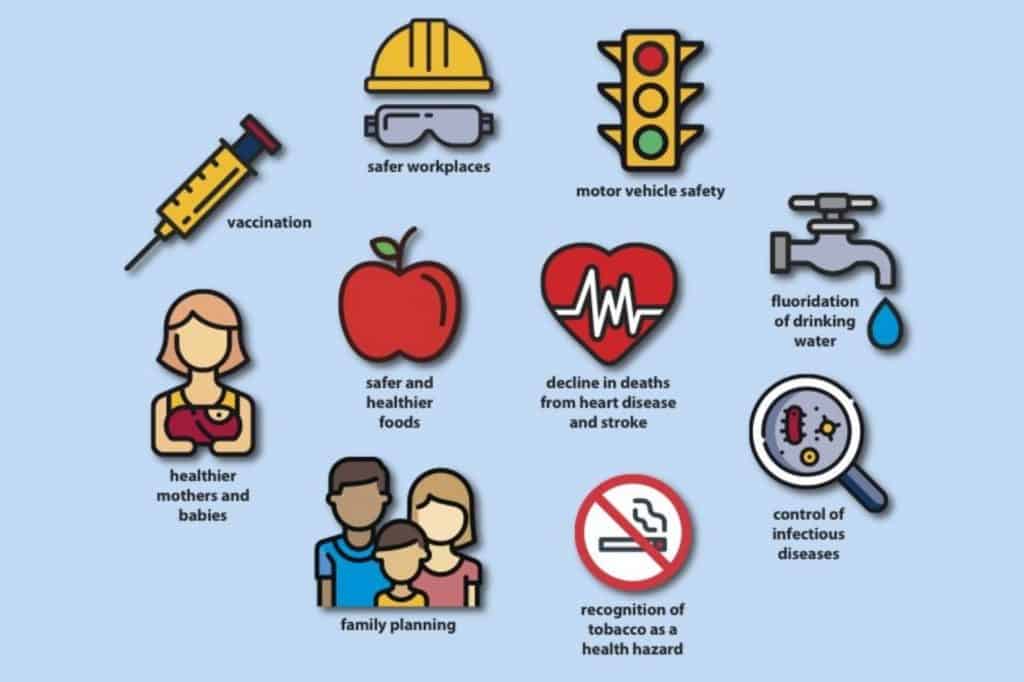
What Public Health Did For 2020
In 2020, public health raised everyone’s awareness and gave regular guidance through readily available resources on dealing with the pandemic. This massive boost in resources has since motivated people to get tested by the millions and take preventive measures, like wearing a mask in public, washing hands, using hand sanitizer, social distancing, and making a COVID vaccine appointment or checking for a nearby vaccine schedule. In general, it seems the public understands it is time to ask and answer questions about their health, access the help they need to be healthy, and create a healthy work environment for returning to work safely.
However, the medical community understands that very few things in life are absolutes in science. The line between personal and public health is getting thinner by the minute. What is good for one patient, or even for many, may not be the best solution for the entire community, and doctors don’t practice medicine in a “one-size-fits-all” kind of way.
The doctors are here to guide you by providing a wide variety of resources specifically tailored to their patients’ makeup.
Medical History Taking Before COVID-19
Before COVID-19, when you got sick, you went to your doctor. The doctor would ask about your symptoms, a process called history taking. Next, the doctor would perform a physical exam to look for signs of the disease your doctor felt you had from your history. Then, to further narrow down your illness, the doctor may order some tests.
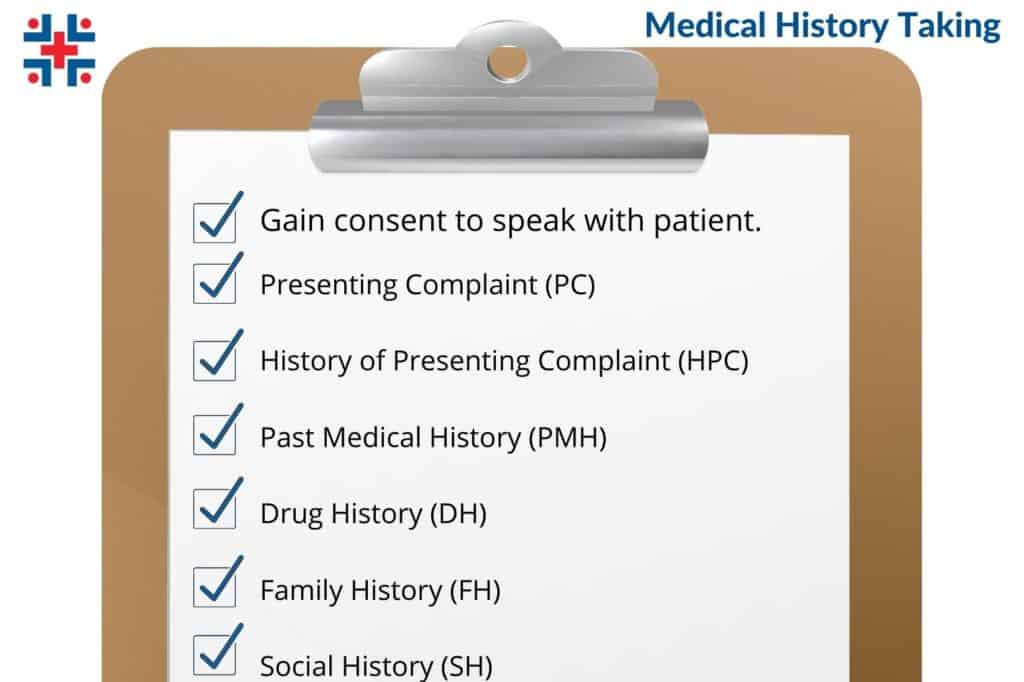
For some reason, it seems that the approach to illness has been inverted with the COVID-19 pandemic. Usually, diagnostic tests need to be ordered by a clinician and reported back to a clinician to interpret them in each patient’s context and prescribe the best treatment course that may or may not include medication.
There are many questions everyone seems to be asking, “What are the common symptoms of COVID-19?” “What are the definitive signs and symptoms of COVID-19?” “What are the life-threatening COVID-19 symptoms?” “What is the prognosis if I catch COVID-19?” Fortunately, doctors have been trained to answer the above questions but keeping the individual in mind.
With the widespread and growing availability of COVID testing, if you are in doubt as to whether you have the disease or not, you can get tested today thinking, “the sooner, the better!” Another approach, however, is to consult your doctor first before taking a test. You may find out that you don’t need a test at all or at least not yet since the incubation period (the time from exposure to development of symptoms) ranges from 2–14 days. This means there is a specific time window a patient should take the test after exposure. Ignoring this time frame with premature testing could give a false-negative. The type of test should also be determined by the doctor who is trained to know what is appropriate. They will take all factors into account, such as the patient’s history, exposure, risk, and symptoms that he or she may exhibit. The continuity of care with a doctor can only be developed over time and cannot be replaced by an at-home COVID test.
Why We Don’t Do Diagnostic Testing Without a Doctor’s Order
Many respiratory diseases can have long-term effects and can even be especially deadly to those with underlying health conditions. Actually, the CDC encourages patients and families to ask questions regarding vaccinations and to choose a provider with a record of supportive care and well-studied preventive measures and medications to respond effectively to the pandemic. With employers and airlines requiring people to get tested and prove they are healthy, this form of preventive care will be critical to successfully normalizing society, returning to work, and revitalizing the economy. Some people who have health issues or are at risk for COVID-19 can even follow an early treatment protocol. All people need to receive evaluation and appropriate preventive care so that they can achieve the highest possible level of mental and physical health.
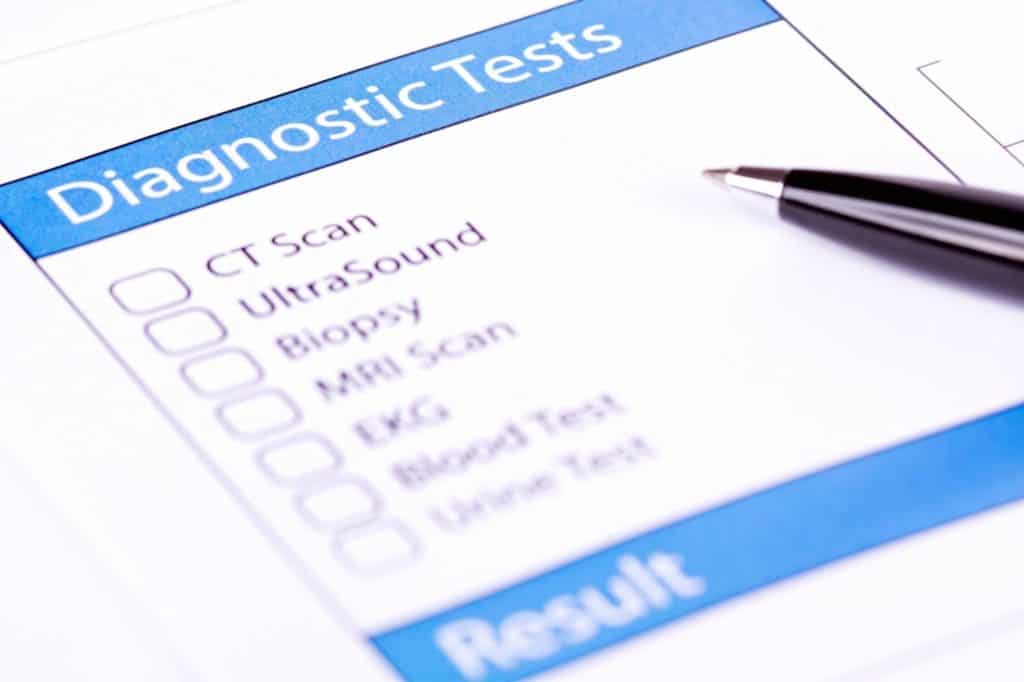
Do You Really Need That Test or Prescription Drug?
Direct Med Clinic can save you money on prescription drugs and medications with access to exclusive drug pricing, but more importantly, determine what is necessary. Instead of seeking a one-time clinic to administer a COVID vaccine or perform a test for COVID-19, perhaps what the patient needs is to urgently gain more control over their blood sugar, blood pressure, and cholesterol. This is all the more reason to sign up for a membership and establish a relationship to have a personal provider care for you. Public health also encourages the continuity of care.
Healthcare is Best Delivered on a Local Basis Between Doctor and Patient.
The inability to access healthcare and a lack of continuity of health care due to the pandemic is resulting in an increased number of hospitalizations, emergency department presentations, and visits to specialty clinics. Access to diagnostic testing is on the rise but we must continue to work to expand regional healthcare and diagnostics with doctor consultation to empower people to understand all of their healthcare needs. This may include examining diet, how a patient sleeps, what pharmacy medications they are taking, and other factors. Healthcare providers could fail to determine mental health needs during a pandemic if not given a chance to have regular discussions with their patients. Doctors after all are the patient’s biggest advocates for their holistic health.
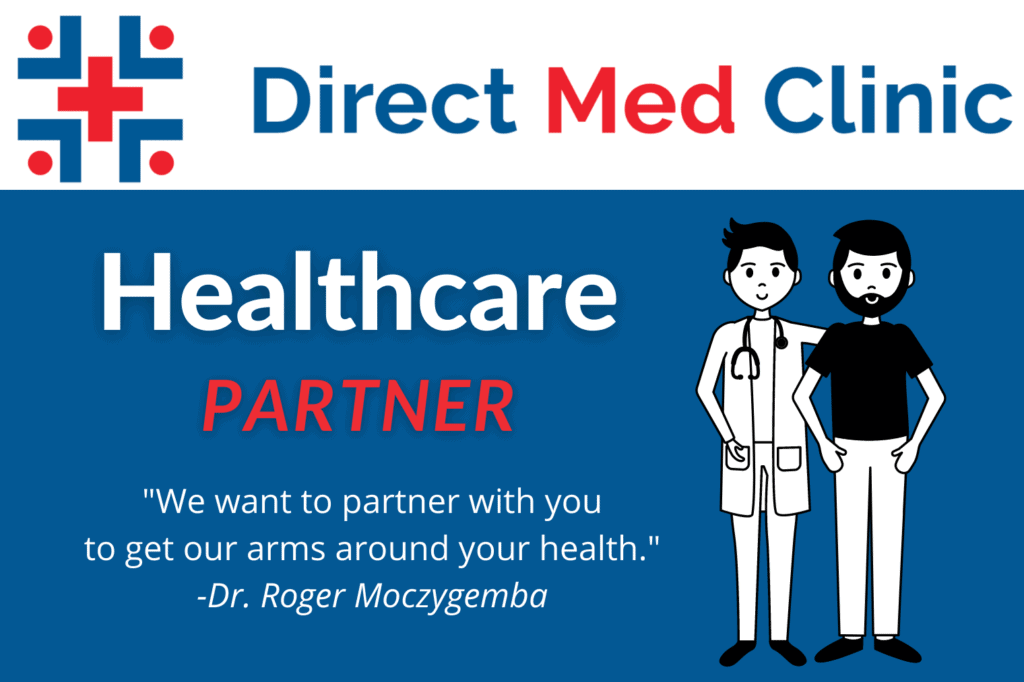
The Bottom Line
Your doctor is the one who should be your gatekeeper for your medical needs since they can take a holistic approach to answer questions about what you’re eating, how you’re sleeping, and keep in mind your medical history as they help you optimize your treatment plan, eliminate unnecessary drugs, and more. By cultivating a healthy relationship with your primary care doctor by making them your healthcare partner, you will be able to improve your overall health.
Download the App
Stay connected to your primary care doctor with technology. At Direct Med Clinic, this is achieved through our HIPAA compliant app that allows you to take advantage of all of the privileges that telemedicine and virtual care have to offer, like the ability to refill prescription medications through text, request an appointment, ask your provider questions, clarify existing treatment plans, and even have a virtual visit through a video call. If you’re not a member, contact us today.
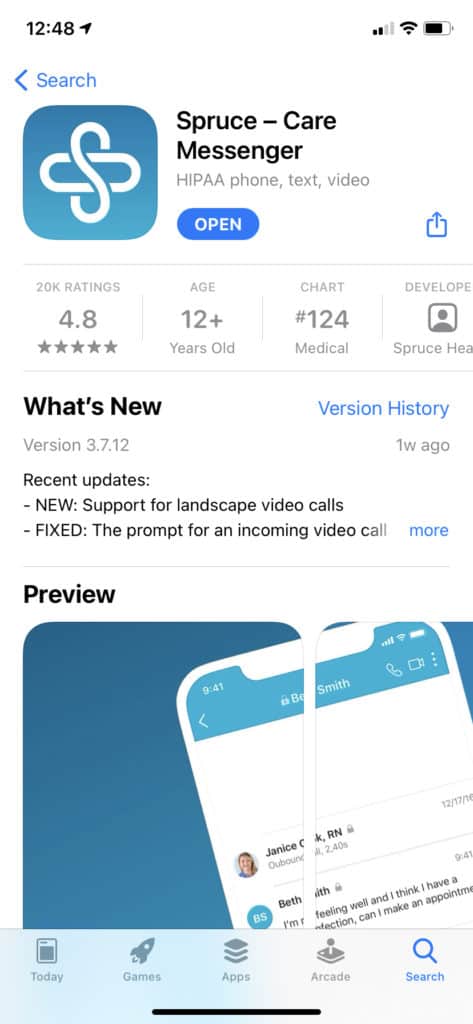
Check out our related links:


Recent Comments